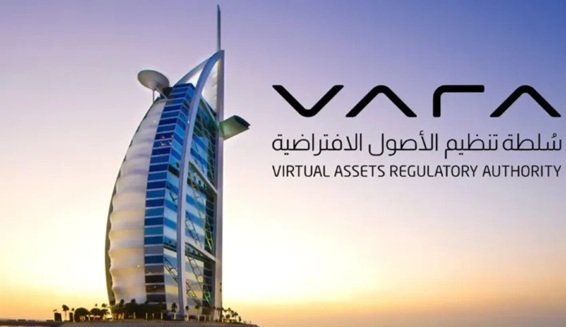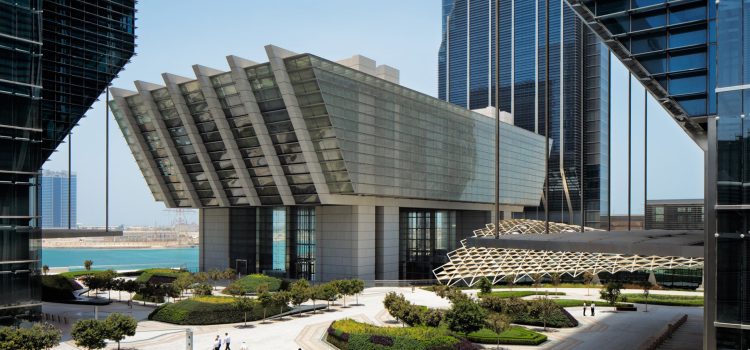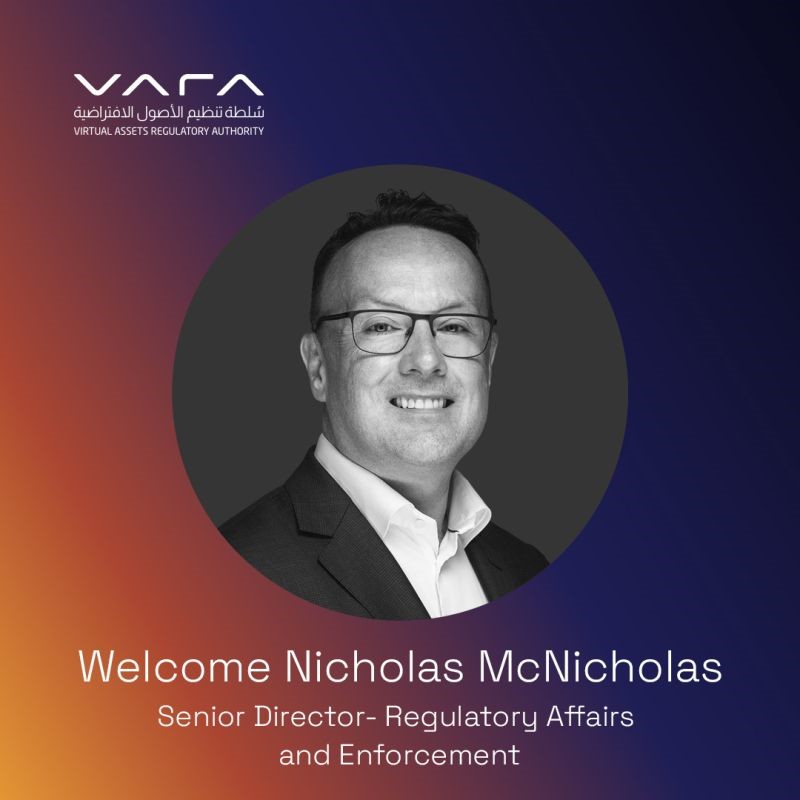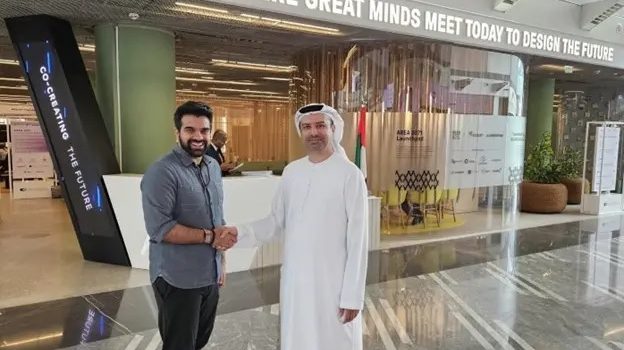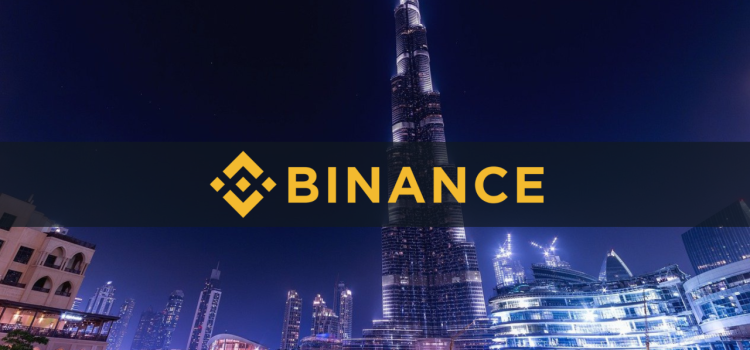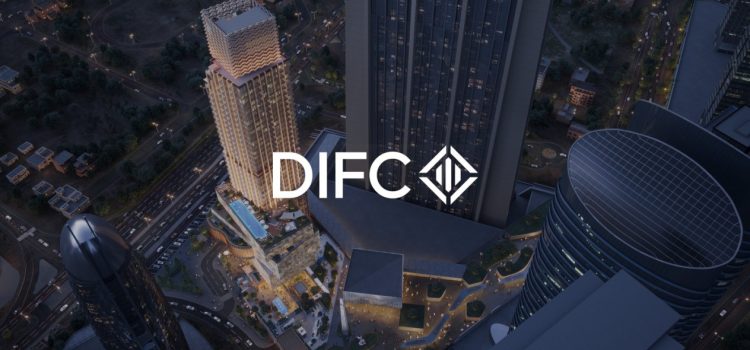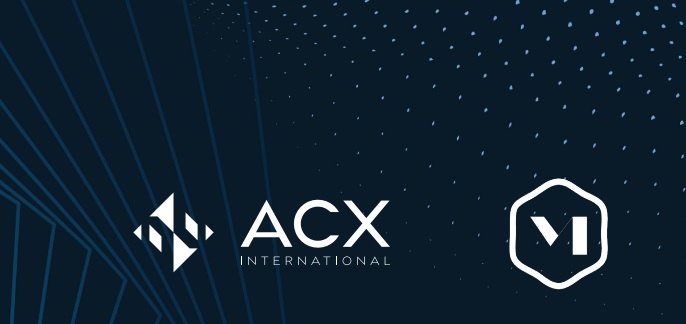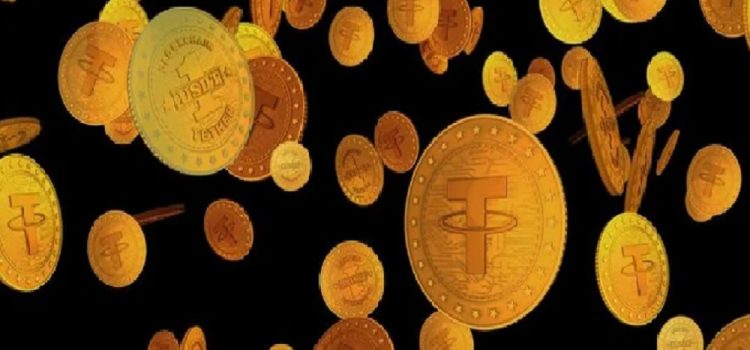Dubai International Financial Centre (DIFC), the leading global financial center in the Middle East, Africa and South Asia (MEASA) region, enacts the world’s first Digital Assets Law, a new Law of Security and related amendments to select existing legislation to cater for the consequences of the new digital assets regime and revised security regime. The legislative enactments aim to ensure DIFC Laws keep pace with the rapid developments in international trade and financial markets arising from technological developments, and to provide legal certainty for investors in, and users of, Digital Assets.
Digital Assets Law – DIFC Law No. 2 of 2024
Digital Assets represent a trillion-dollar asset class and the scope for future innovation and market opportunities within it are considerable. Thus far, the primary focus in many jurisdictions has been to regulate and impose enforcement related sanctions on some of the practical applications of this asset class from a regulated financial services perspective. However, the fundamental benefits brought about by blockchain technology, the digital assets that can be created thereby, and their application across a wide spectrum of use cases will grow and become of increasing importance in a much wider context. In this regard, the broader legal questions as to the exact nature of the legal features and consequences of digital assets has very much remained open for debate on a number of key issues. International legal developments and judgments across the common law world have begun to provide some clarity in this regard but have not yet provided a comprehensive legal framework mapping out the full extent of the legal characteristics of a digital asset and how users and investors within this asset class may interact with digital assets and each other.
Following extensive review of the legal approaches taken to digital assets in multiple jurisdictions, and a period of public consultation in 2023, DIFC is now enacting its own Digital Assets Law.
Existing DIFC laws such as the Contracts Law, Law of Obligations, Law of Security, Law of Damages and Remedies, Trust Law and Foundations Law have also been updated through DIFC Amendment Law, No. 3 of 2024, to cater to specific issues arising in relation to this asset class.
Updates to the Law of Obligations also provide for the use of electronic transferable records. Electronic transferable records are functionally equivalent to paper trade documents or instruments such as bills of lading, bills of exchange, promissory notes and warehouse receipts. Recognition of such documents in electronic form facilitates greater efficiencies within cross-border digital trade by increasing the speed and security of transmission of documentation and allowing for the automation of certain transactions through smart contracts.
Similarly, a great deal of innovation has taken place in secured transactions regimes internationally – particularly since the DIFC Law of Security was enacted in 2005. This includes the emergence of businesses and platforms that enable the extension of credit in, and secured or covered by, digital asset collateral arrangements, and an increasing drive to digitise international trade.
Following consideration of regimes in other jurisdictions and, in particular, UNCITRAL’s Model Law on Secured Transaction, in conjunction with the new Digital Assets Law, DIFC is repealing the 2005 Law of Security, and replacing it with a new Law of Security to significantly amend and enhance DIFC’s securities regime. This will align the regime with international best practice and provide clarity in relation to taking security over digital assets. In doing so, DIFC is also repealing the Financial Collateral Regulations, amalgamating the financial collateral provisions into a new chapter of the new Law of Security.
Jacques Visser, Chief Legal Officer at DIFC Authority, said: “DIFC is excited to announce the enactment of its Digital Assets Law. We consider this legislation to be groundbreaking as the first legislative enactment to comprehensively set out the legal characteristics of digital assets as a matter of property law, and to provide for how digital assets may be controlled, transferred and dealt with by interested parties. At the same time, we are also enacting a new Law of Security, replacing the 2005 law. The revised regime is modelled on the UNCITRAL Model of Secured Transactions and significantly enhances DIFC’s securities regime to keep pace with international developments in this field and to ensure DIFC remains at the forefront of best practice.”
The new legislation came into effect on 8 March 2024 and can be accessed via DIFC’s Legislative Database: here.
The new laws reflect the Centre’s commitment to maintaining a transparent and robust legal and regulatory framework aligned with global best practice.









